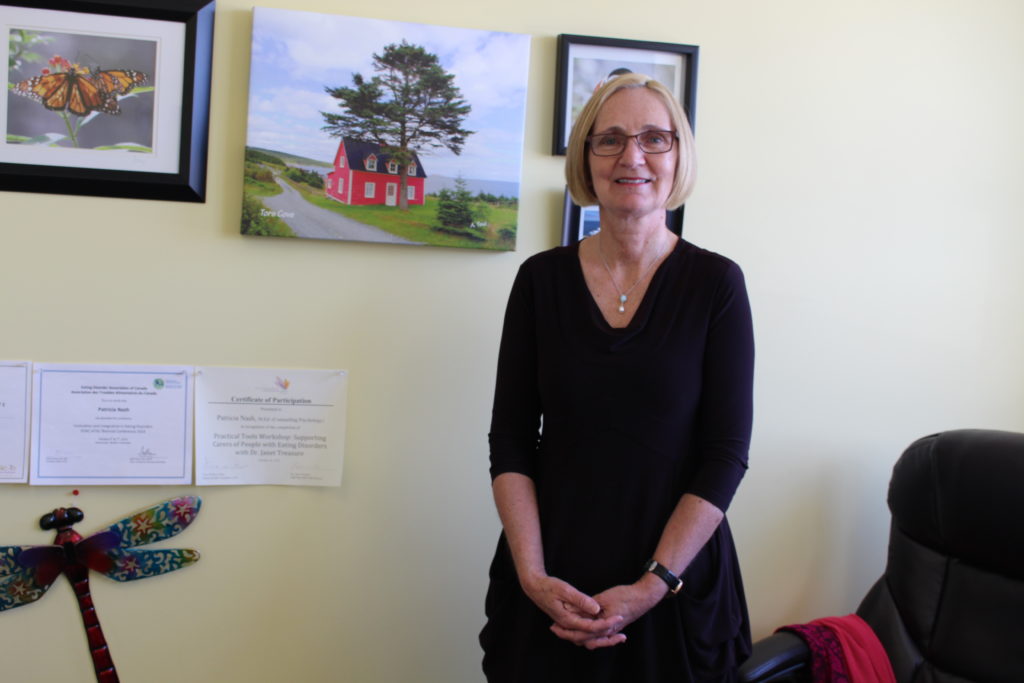One survivor of an eating disorder says it’s time to end the stigma by talking, and raising awareness.
By Abigail Chippett
Kicker
At one time in her struggle, she was hospitalised weighing less than 32 kilograms.
Marilyn Warford was first diagnosed and hospitalised with anorexia at the age of 17, but says she struggled before being formally diagnosed.
“At the very beginning, I was a picky eater,” said Warford. “I wouldn’t try new things, and then it began to dwindle down and I started losing weight. It became a lifestyle and at first I didn’t understand what that lifestyle was.”
Warford says her time in the hospital was incredibly difficult for her. When she was first admitted, the doctor would give her regular updates on her weight.
“The last weight I had been told was 69 pounds, but I know I went lower than that,” said Warford. “It got to the point that if something didn’t happen – I was going to die. There were times when they couldn’t even find vitals on me.”

Patricia Nash, a counsellor with the Eating Disorder Foundation of Newfoundland and Labrador, says anyone can develop an eating disorder, no matter what their background.
“A quarter of people affected are males,” said Nash. “There is a growing number of people in their 40s and 50s developing eating disorders. It doesn’t matter what age, sex, or nationality, everyone is effected.”
“All an anorexic person wants is someone to talk to and someone to listen, without passing judgement.”
The Eating Disorder Foundation offers various programs to help people affected by eating disorders and their families. Some of the programs offered include Siblings of Hope, the Bridge to Hope Education and Support Group, and the Emotion Focused Family Therapy Workshop.
Their newest program, said Nash, is the Body Project, which focuses on the prevention of eating disorders by promoting positive body image.
“Every aspect of their life is affected by an eating disorder,” said Nash. “It’s an irrational illness, it’s not something that they chose to have. They need all kinds of non-judgemental support given to them. Family and friends can be instrumental to helping them get to recovery.”
Twenty-three years after her initial hospitalisation, Warford says she is healthy. She says talking about eating disorders and other mental illnesses is an important part of recovery.
“No one knew what was going on inside,” said Warford. “Back 20 years ago, no one understood mental illness, I didn’t even really understand it myself. No one wanted to talk about it. I don’t know if it was the stigma around it, but no one wanted to say anything. All an anorexic person wants is someone to talk to and someone to listen, without passing judgement.”



